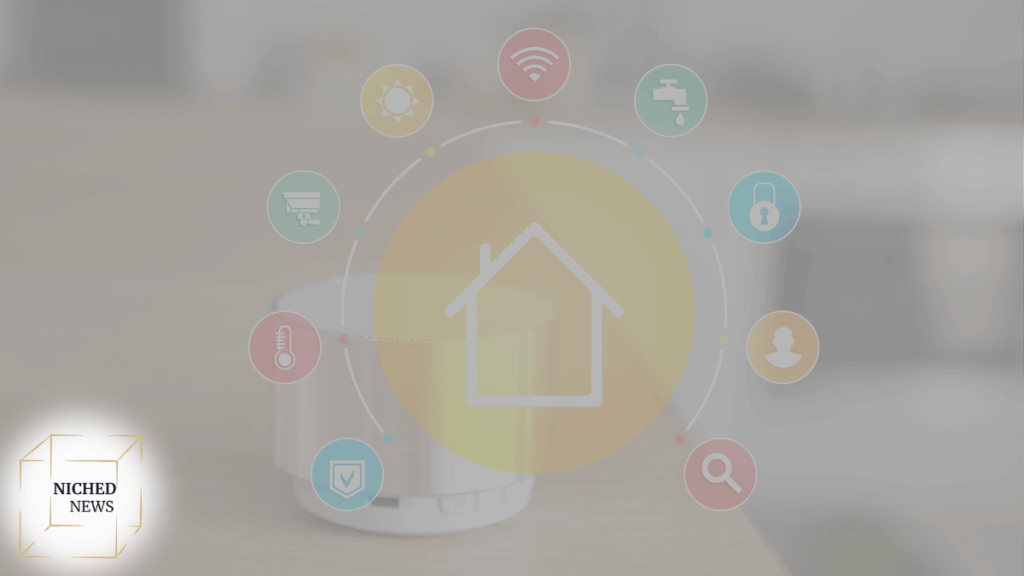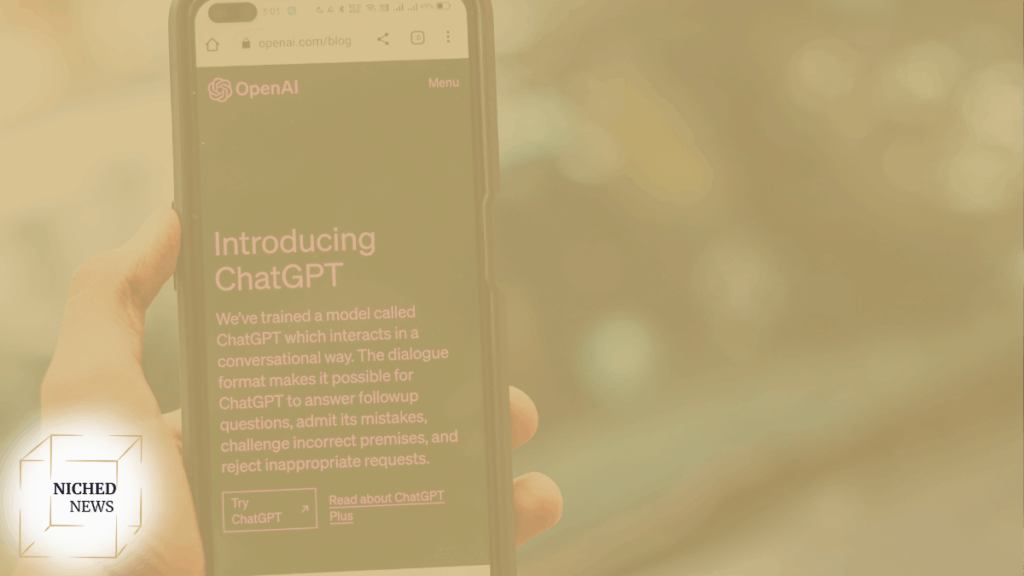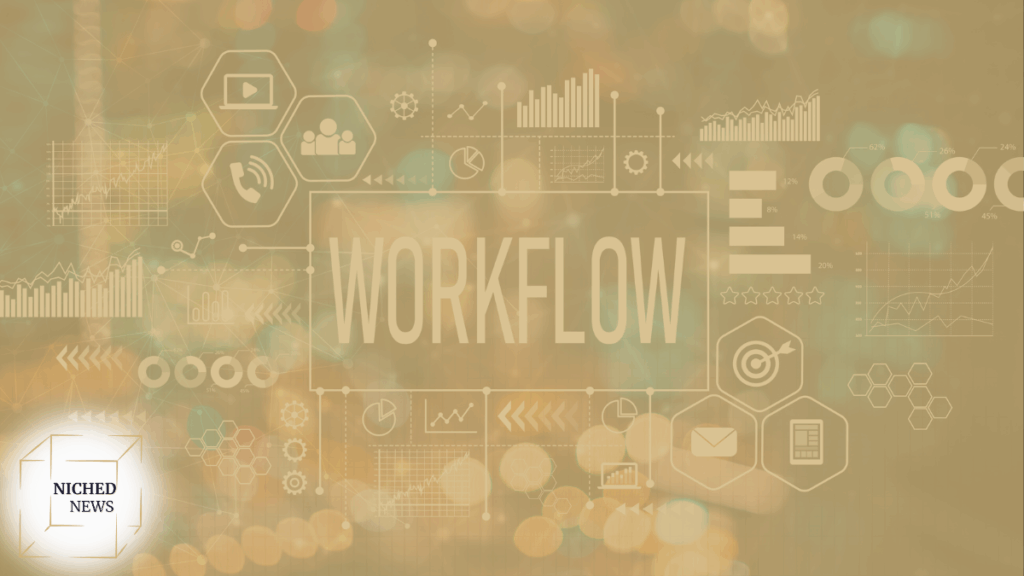Niched Summary
Google’s new AI outperformed doctors in diagnosing complex cases. Instead of replacing physicians, it’s built to support them in real-time, causing us to ask: “Can AI Diagnose You Better Than Your Doctor?”
Why it matters:
This breakthrough could accelerate diagnosis, reduce errors, and expand care access—especially in overworked or underserved healthcare systems.
The Future of Diagnosis Is Human + AI
In healthcare, accuracy can save lives. Google’s latest innovation is making headlines because of that. The company developed an AI system with DeepMind that solves complex medical cases better than most doctors.
Rather than replace physicians, the AI works beside them. Think of it as a smart assistant that never gets tired, distracted, or forgetful. Doctors still lead care, but this tool adds insight—especially when cases are complicated or unclear.
A Surprising Medical Study
Med-PaLM M is the name of Google’s new model. In a recent peer-reviewed study, it faced off against trained physicians. The challenge? Real patient scenarios, taken from actual medical cases.
The AI won. It gave correct diagnoses more often than the doctors. Even more impressive, its explanations were clearer and more complete.
How It Works in Real Life
What do you think? Can AI diagnose you better than your doctor? This AI does more than scan symptoms. It reads entire patient histories, lab results, and doctor’s notes. It combines everything and ranks possible diagnoses. Then, it explains its thinking in plain language.
Unlike some tools, it shows when it’s unsure. It even suggests tests to confirm or rule out its ideas.
Doctors often spend hours solving tough cases. The AI completes this work in seconds. It draws from a massive library of medical knowledge. That speed can change how hospitals and clinics operate.
A Partner, Not a Replacement
Google made its intent clear: this AI supports doctors. It doesn’t replace them.
Physicians remain in control. But now, they gain a tireless teammate. This assistant reads every journal, recalls every symptom, and stays up-to-date—without ever needing sleep.
One researcher said it best. It’s like having a world-class consultant whispering suggestions as you work.
What About Risks?
AI in healthcare raises questions. Bias is one. If the training data has flaws, the AI may repeat them. Privacy matters too. Patient data must stay protected.
Google thought through these risks. The AI explains its reasoning. It flags uncertainty and prompts human review. That makes doctors more confident, not less.
Not Just Google
Other companies are racing into this space. IBM, Microsoft, and startups are building similar tools. Some already have FDA approval for use in radiology and heart care.
What makes Google different? Its system understands language. It doesn’t just read numbers or images. That helps it communicate like a doctor—and be understood like one too.
***Discover why “messy is better than missing” in AI systems – read related article now.
Why It Matters for You
You don’t have to be a doctor for this to impact your care. These tools could soon deliver:
Faster ER diagnoses
Better medical record summaries
Smarter second opinions
Expanded care access in underserved areas
Rather than replace human connection, this tech may improve it. With better tools, doctors can focus more on people—and less on paperwork.
Final Thoughts: A Smarter Future
This is not just another AI headline. It’s a sign that healthcare is entering a new phase.
Google’s diagnostic AI is still under development. But it shows what’s coming: a future where doctors and machines work together. That future could mean safer, quicker, and more accurate care.
We don’t need to fear AI in healthcare. We just need to guide it—with wisdom, empathy, and the right questions.



